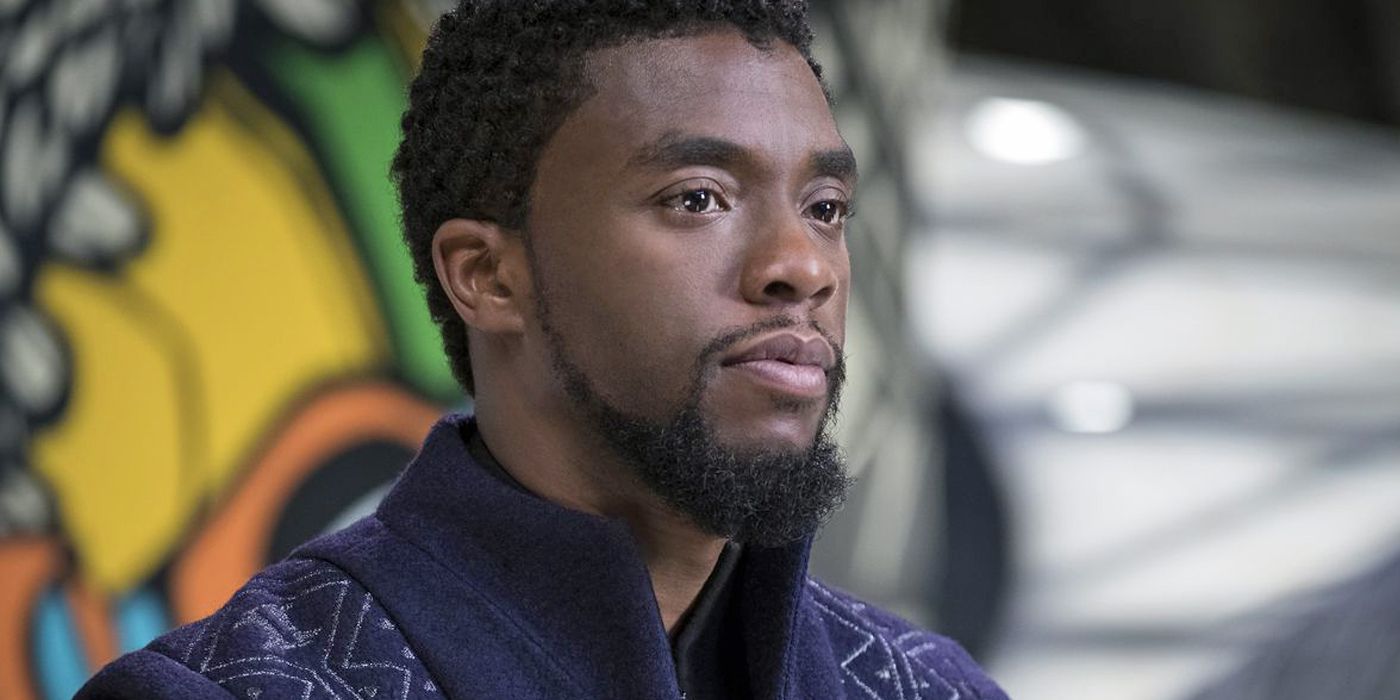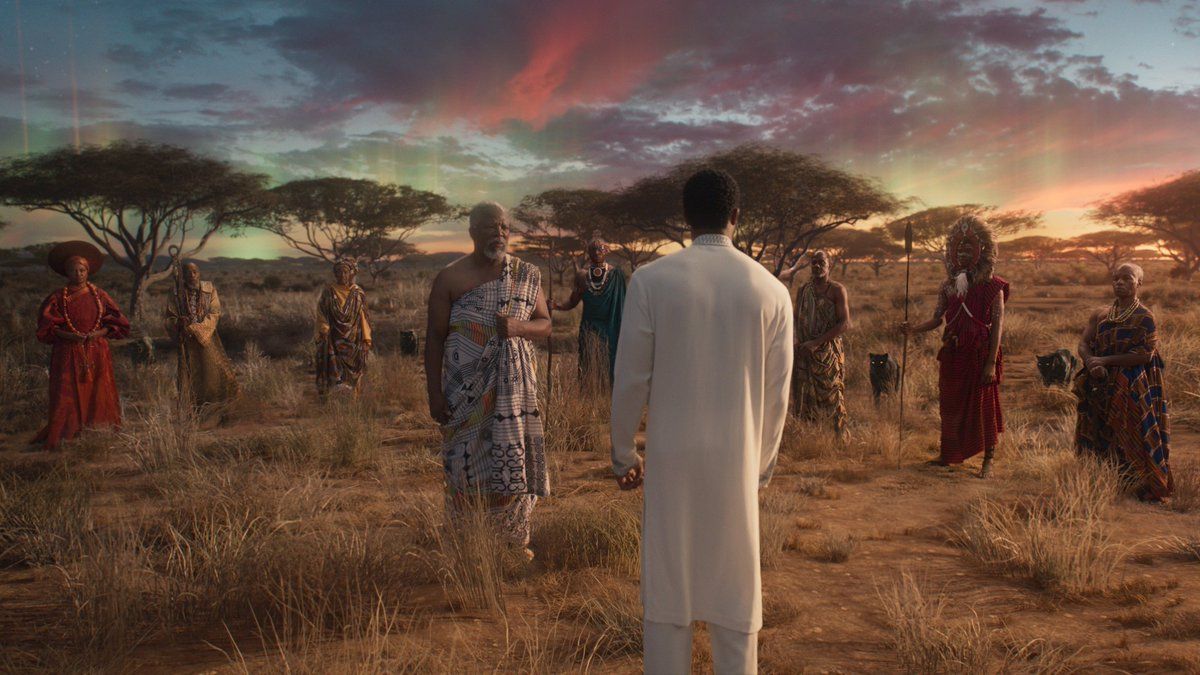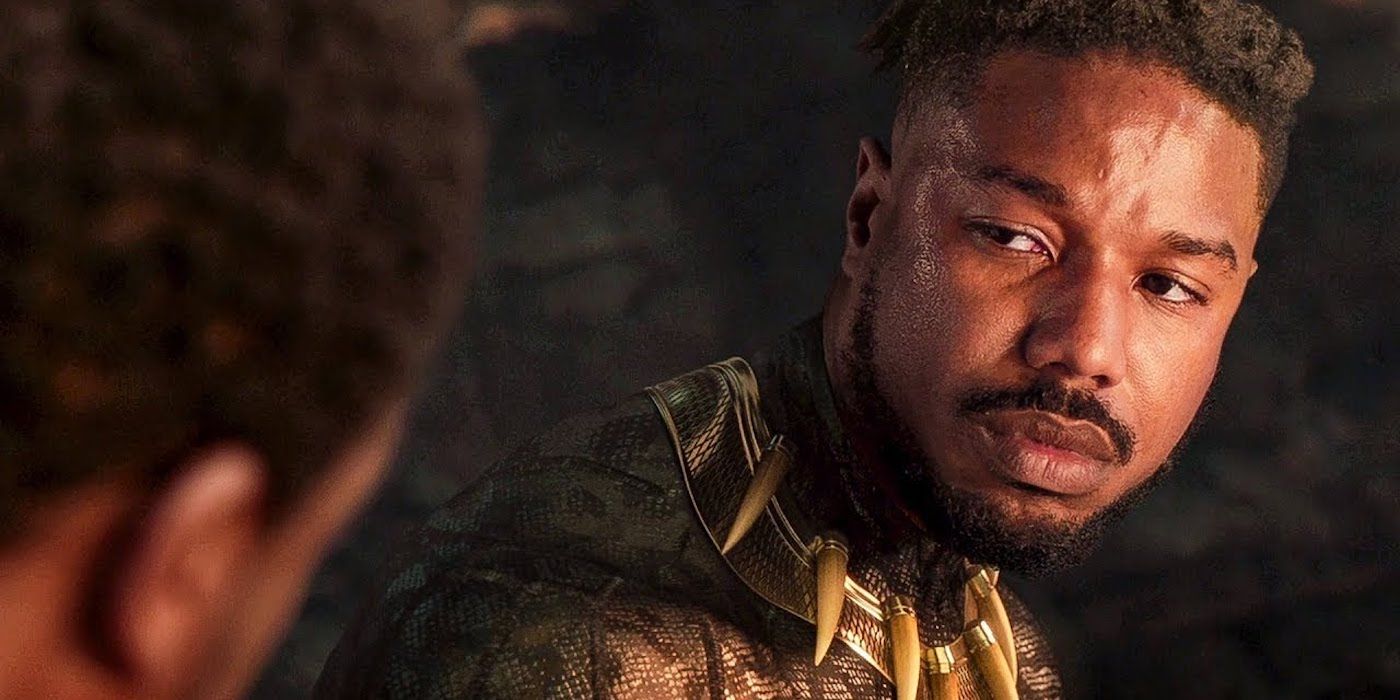Few comic book movies have made quite the impact that Black Panther made last year for Marvel Studios. It wasn't just a movie that crossed the $1 billion dollar mark at the box office, and it wasn't just an action-packed battle royale like the Avengers films. Black Panther is a deep character study into oppression in Africa and how it resonates with the outside world. Most importantly, it prided itself on substance over style as it delivered a huge cultural message for society.
Which is why it's become the first superhero film to be nominated for the Best Picture award at the upcoming 91st Academy Awards next month, a historic achievement in itself. Now, many critics and fans, as they love what director Ryan Coogler did, wouldn't challenge the nomination, but we actually think there are just as many pros as there are cons regarding why the rise of Chadwick Boseman's King T'Challa should take home the win.
RELATED: Marvel Chief Calls Black Panther's Best Picture Nod 'Immensely Gratifying'
Now, we can all agree it'll be a surprise if Black Panther does end up copping Best Picture, but you can't deny it doesn't deserve it. It has a 97 percent Certified Fresh rating on Rotten Tomatoes, and the critical acclaim across the board has been monumental. Everyone in the industry, including other actors and studios, stood up and took note.
The script from Coogler and Joe Robert Cole had an emotional heft and depth to it like no other comic book movie had, which isn't even a knock on the genre. We've got cerebral films like The Dark Knight (which won the Best Supporting Actor award for Heath Ledger's performance in 2009) and deep dives into politics, like Zack Snyder's Watchmen. But Black Panther was more than a fallen king fighting back against a tyrant like Michael B. Jordan's Erik Killmonger.
It represented black people coming out to the world, the magic of a continent and true change. It became a vehicle for social justice in an era where racial tensions and prejudice are at an all-time high. It felt like an extension of the Black Lives Matter movement, sinking its teeth into Hollywood and reminding the entertainment industry that it's not just about black people, but people of color on the whole. #WakandaForever became a platform, a movement, a campaign for inclusivity and diversity. That extended behind the cameras, as Coogler ensured that, behind-the-scenes, things would be handled by people of color.
RELATED: Kirby Family Releases First Black Panther Sketch to Celebrate Oscar Nom
In a time where the majority of superheroes are white, there isn't a Blade film to latch onto, and the other black characters in the Marvel Cinematic Universe are merely supporting characters, such as Anthony Mackie's Falcon and Don Cheadle's War Machine. Black Panther as a superhero, however, was front and center, engaging us, causing a stir, provoking discussions about slavery and colonization, and how those things have rippled throughout society for years. In fact, the film was so powerful that Killmonger's speech at the end about wanting to be buried at sea with his forefathers after he failed to liberate oppressed countries left us all thinking of him less as a villain and more as a rebel we sympathize with and relate to.
NEXT PAGE: Black Panther Stands a Chance of Taking the Prize... A Small Chance
Make no mistake, such a narrative is Oscar-worthy and it's something we shouldn't be surprised has come from the mind of Coogler. Just look at what he did with Jordan in Fruitvale Station. You can see everything in Black Panther is more about the art than the product, more soulful than commercial -- even down to the majestic soundtrack, which breathed personality and life into a film like few soundscapes could ever accomplish. The entire cast was on point, and the way this film rocked the world, calling it a game changer would be an understatement, as it surely inspired films like the equally praised Spider-Man: Into the Spider-Verse.
RELATED: Black Panther, Into the Spider-Verse Share Wins at Critics Choice Awards
As much as we want the win, though, let's be real. The Academy is the Academy. It has an age old biases against commercially successful films and superheroes, and it doesn't necessarily reward quality. We know there are industry politics at hand as well, otherwise Netflix's Beasts of No Nation would have got its fair due. When it comes to superhero blockbusters or subgenre films, the Academy simply looks down on them. They are rarely rewarded, although the likes of Titanic do prove that box office moneymakers can claim this coveted award.
The fact that the Academy tried to create a "Popular Films" category for flicks like Black Panther underscores that they don't believe these movies are prestigious on their own merit, which feels a bit snobbish and condescending. But, alas, it's been that way for years, the emphasis put on on artsy, dramatic and hip films that the mainstream audience rarely sees. In other words, Black Panther isn't for the auteurs and connoisseurs, it's for the popcorn crowd.
Instead, like-minded movies are relegated to the technical awards -- visual, sound, special effects, costume and production design. That's why the likes of The Shape of Water and The Lord of the Rings: Return of the King breaking through simply feel like a dime a dozen, novelty items and, honestly, shots in the dark that hit the mark. Like it or not, the Academy will always prefer movies like Green Book (films about real people) or Roma (fictional stories that act like real-world character portraits).
But, hey, clearly entertainment movies still do have a place as, Bohemian Rhapsody and A Star Is Born have been nominated, too. Black Panther joins these commercial acts as an underdog, maybe even as a token nomination, but just like these two movies, there's some momentum that could lead to a big surprise, as it's doing well on the awards circuit leading up to the Oscars, racking up wins. Come what may, whether it lands the Oscar is inconsequential, because nomination aside, simply winning over hearts and our minds is more than enough.



